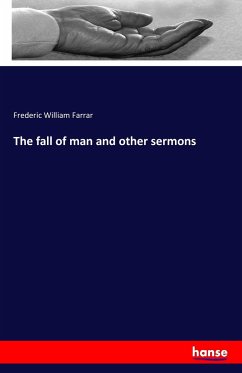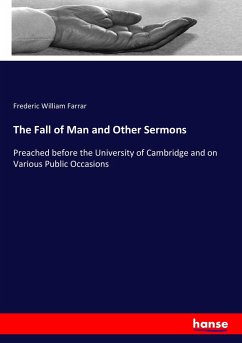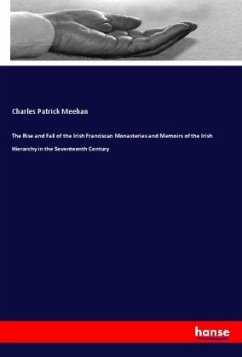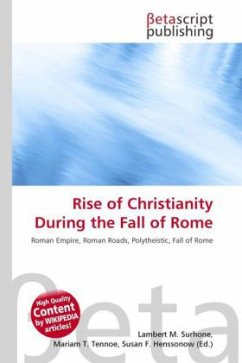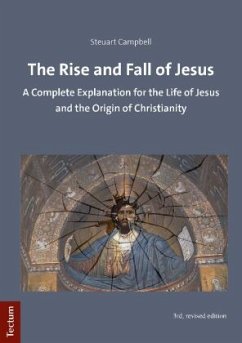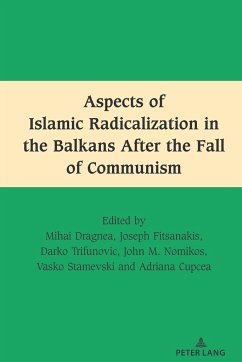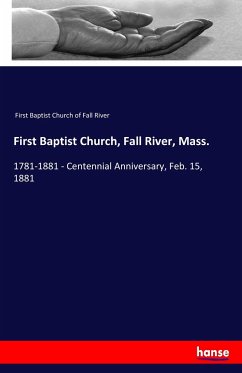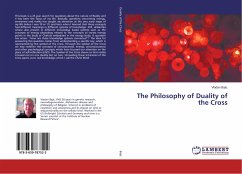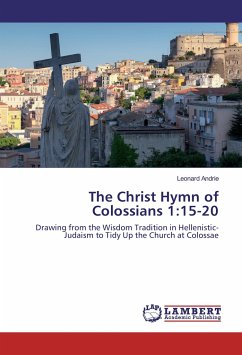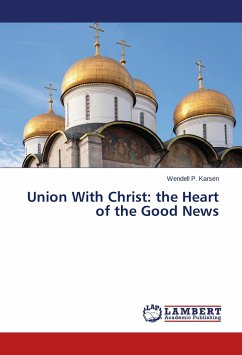
Ransomed by the Fall
An Investigation of the Classic Model of the Atonement and Its Contemporary Pastoral Significance
Versandkostenfrei!
Versandfertig in 6-10 Tagen
34,99 €
inkl. MwSt.

PAYBACK Punkte
17 °P sammeln!
The classic model of the atonement, as exemplified by the theology of the Cappadocian Father Gregory of Nyssa in the fourth century, includes: humanity being held in captivity to the devil; God delivering humanity from bondage through the payment of Christ as a ransom; and the deception and defeat of Satan by hiding the divinity of Christ. This model was supplanted in the West by the satisfaction theory of the atonement, which developed in Reformed Protestantism into penal substitution theory. But increasing dissatisfaction with the atonement paradigm in Western Christianity has reawakened int...
The classic model of the atonement, as exemplified by the theology of the Cappadocian Father Gregory of Nyssa in the fourth century, includes: humanity being held in captivity to the devil; God delivering humanity from bondage through the payment of Christ as a ransom; and the deception and defeat of Satan by hiding the divinity of Christ. This model was supplanted in the West by the satisfaction theory of the atonement, which developed in Reformed Protestantism into penal substitution theory. But increasing dissatisfaction with the atonement paradigm in Western Christianity has reawakened interest in the classic scheme of the atonement. Recent reformulations have remapped the model to emphasize the atoning nature of the life of Christ as well as his death, to incorporate feminist and liberation theological perspectives, and to stress systemic as well as individual dimensions of sin and redemption. In terms of pastoral theology, the reconstructed model provides a valuable alternative to satisfaction/penal substitution theory, adding a rich set of metaphors that allow contextualization by individuals and local communities out of their own experiences.



